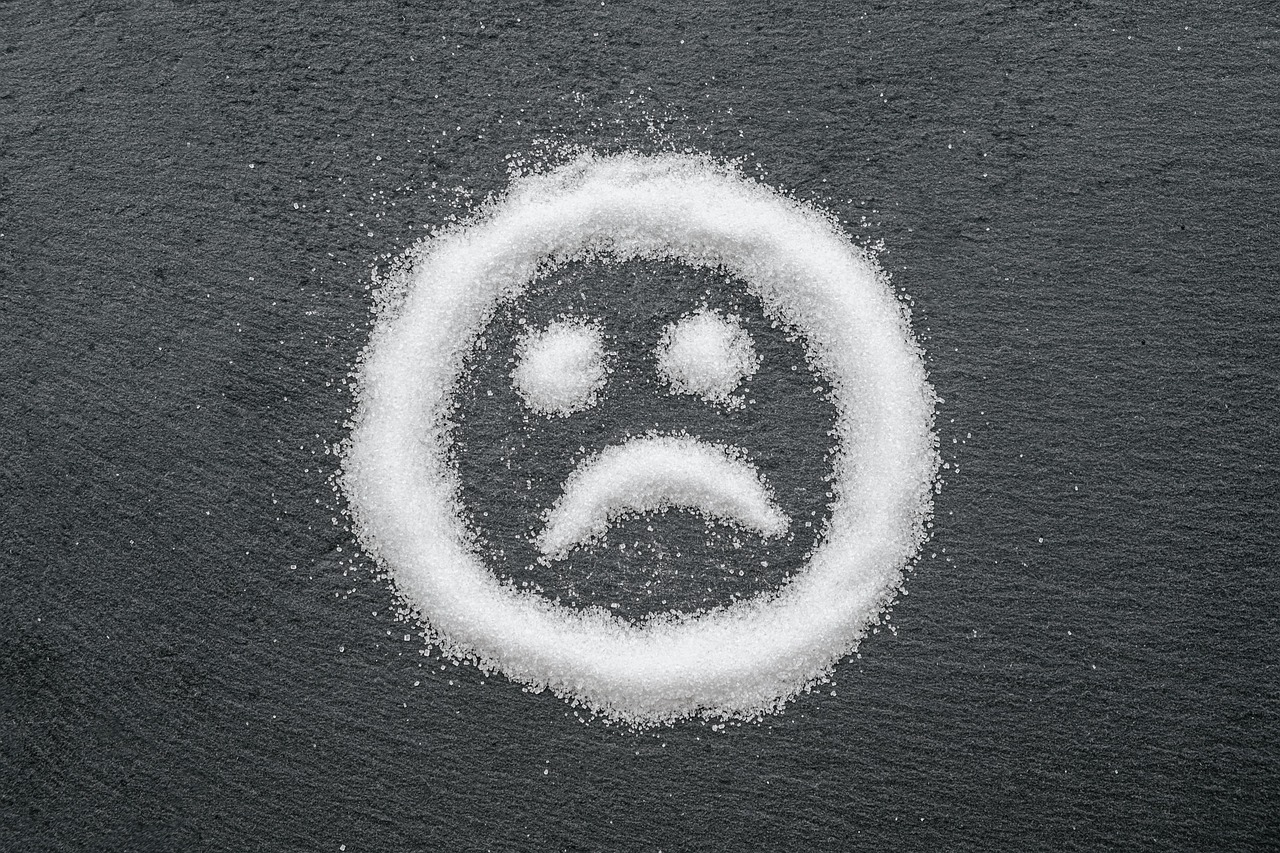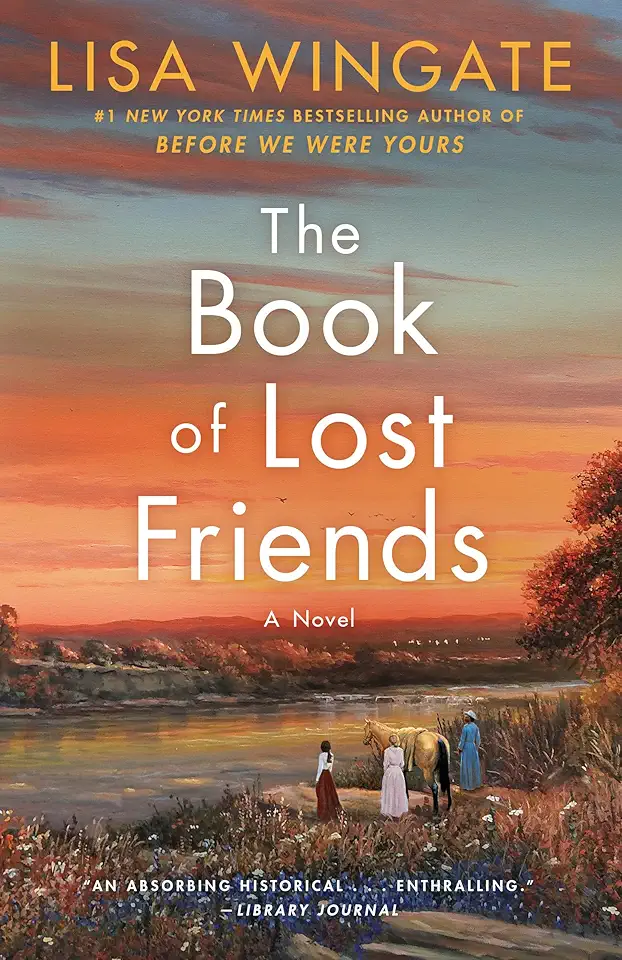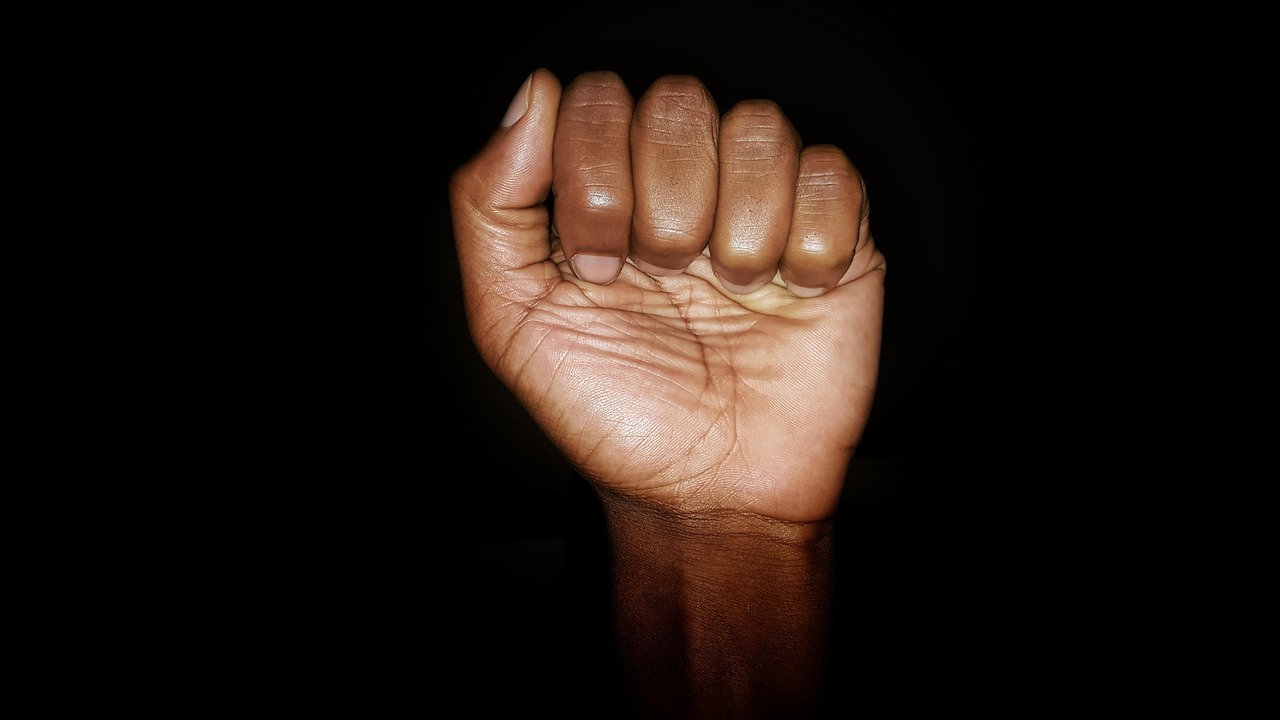
Facing the Despair Together
Look, we all know the world’s been throwing us some serious curveballs lately. Between environmental crises, social upheaval, and a political landscape that feels more like a circus than a government, it’s enough to make anyone want to bury their head in the sand. But here’s the thing: ignoring our despair isn’t going to make it go away. In fact, it’s about time we lean into those uncomfortable feelings instead of running from them. Yes, it sounds counterintuitive, but facing our collective pain can actually fuel real change. A lot of us are walking around with this heavy weight of dread, feeling the pressure of everything that’s going wrong. When we try to talk about these feelings, we often get shut down, labeled as “negative” or “too emotional.” That can make anyone feel like they’re alone in their struggle, but trust me, you’re not. This pain for the world—be it outrage, grief, or simply a sense of helplessness—is not just normal, it’s a universal response to the chaos surrounding us. Think of it like a warning light on your dashboard. It’s there to tell you something’s wrong, and ignoring it won’t fix the problem.
Why We Need to Talk About It
Here’s the kicker: when we don’t acknowledge our emotions, we’re not only setting ourselves up for a mental block, but we’re also stifling our capacity to act. Many of us have been taught to avoid “negative” feelings, but this avoidance only leads to a culture of silence and repression. It’s like trying to hold a beach ball underwater—eventually, that thing’s gonna pop up, and it’s going to be messy. Take a moment to think about how you feel when you see devastating news about climate change or social injustices. Do you feel a pang of grief?
Anger?
That’s completely valid. Those feelings are a signal that we care. They’re telling us that we’re still alive and connected to the world around us. And let’s be honest: acknowledging that pain can be incredibly freeing. It’s a reminder that we’re all in this together; our struggles are intertwined, and when one of us hurts, we all hurt.

The Power of Connection
When we allow ourselves to feel and express these emotions, we not only validate our own experiences but also create space for others to do the same. It’s like opening up a dialogue that’s long overdue. You might be surprised by how many people are waiting to share their own feelings about the state of the world. This kind of honest conversation can be transformative, leading us to collective action and resilience. There’s a beautiful concept from the world of deep ecology that suggests our identity is not just as individuals, but as part of a bigger web of life. It’s a radical departure from the hyper-individualistic mindset that dominates our culture. When we start to see ourselves as interconnected, our pain becomes a shared experience, bridging divides and uniting us in purpose. This isn’t just touchy-feely stuff; it’s crucial for fostering a sense of community and collective responsibility.





Moving Beyond Information
Now, let’s talk about a common misconception: the idea that if we just throw more information at people, they’ll spring into action. But let’s face it—most of us are already drowning in a sea of alarming statistics and heartbreaking news. What’s often missing is the emotional processing of that information. We need to digest what we know before we can act on it. If you’re overwhelmed by despair, the last thing you need is another doomsday report. It’s like grieving; you can’t just skip to the acceptance stage after hearing bad news. You have to feel the pain first, let it sink in, and then, only then, can you start to make sense of it all. This process of acknowledgment is vital for moving forward. We need space to feel our emotions, but we also need to express them in a way that’s constructive, not paralyzing.
Finding Strength in Vulnerability
So what does this all boil down to?
It’s about embracing vulnerability. It’s about recognizing that when we let ourselves experience and articulate our feelings, we’re not just unloading burdens; we’re also empowering ourselves and those around us to take meaningful action. It’s a call to solidarity, a reminder that we’re not alone in our struggles. This isn’t just some airy-fairy philosophy. It’s rooted in the idea that our emotional responses can lead to positive change. When we see the world through the lens of interconnectedness, our pain transforms from a source of despair to a wellspring of motivation. It’s about finding the strength to act, together, in the face of adversity.

Taking Action
Here’s what we can do moving forward:
1. Start the Conversation: Don’t be afraid to share your feelings about the state of the world. Open up discussions with friends, family, or even on social media. You might be surprised by how many people want to join in. 2. Create Safe Spaces: Encourage environments where it’s okay to express discomfort, sadness, or anger without judgment. This can be in community groups, online forums, or even casual gatherings. 3. Practice Compassion: Allow yourself and others the grace to feel and process emotions. It’s okay to grieve, to be angry, or to feel helpless. These emotions are part of being human. 4. Get Involved: Use your feelings as fuel for action. Whether it’s volunteering, advocating for policy changes, or simply educating yourself and those around you, channel that energy into something positive. 5. Honor the Journey: Recognize that this is a process. It’s okay to take your time in moving from despair to action. Bottom line: we’ve got to face this all together. When we acknowledge our pain for the world, we unlock the potential for healing—not just for ourselves but for our communities and the planet. It’s time to stop suffering in silence. Let’s turn that despair into a rallying cry for change. You’ve got this. We’ve all got this.

